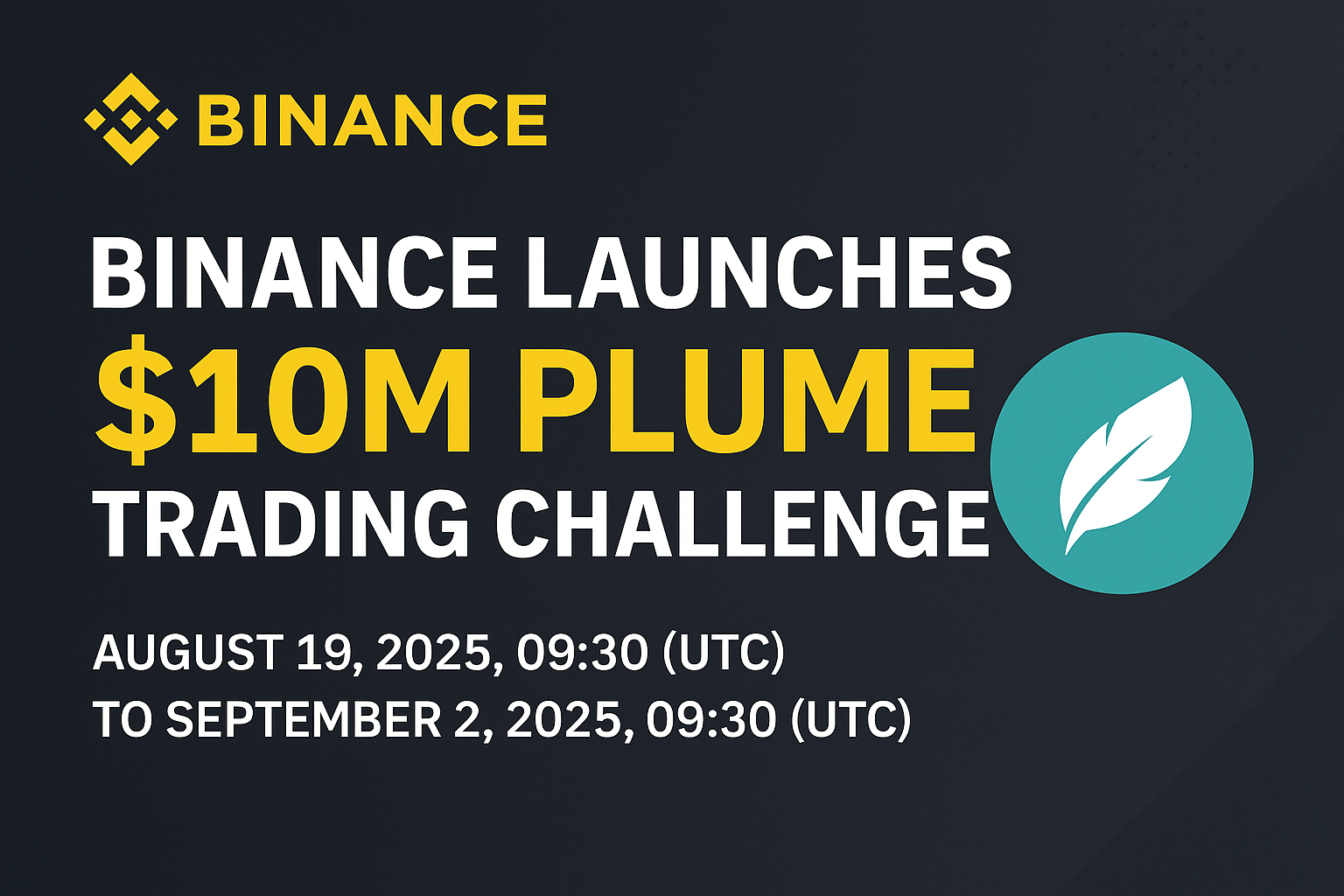Governance tokens have become a central feature of the DeFi ecosystem, offering users the ability to participate in the decision-making processes of decentralized platforms. These tokens empower users by giving them voting rights on key issues such as protocol upgrades, fee structures, and the allocation of funds. However, with this power comes potential risks. In this article, we explore the role of governance tokens in DeFi, their benefits, and the challenges they present.
What Are Governance Tokens?
Governance tokens are digital assets that grant holders the right to vote on proposals and changes within a DeFi platform. Unlike traditional corporate governance, where decisions are made by a central authority or board of directors, DeFi governance is decentralized, allowing the community of token holders to have a direct say in the future of the platform.

For example, platforms like Uniswap (with its UNI token), Compound (COMP token), and Aave (AAVE token) have issued governance tokens to their communities. These tokens enable users to propose and vote on changes such as adding new features, adjusting interest rates, or modifying fee structures.
Benefits of Governance Tokens
1. Decentralization and User Empowerment:
•Governance tokens embody the ethos of decentralization by distributing decision-making power among the community rather than concentrating it in the hands of a few. This democratization allows users to influence the direction of the platform and ensures that it evolves in line with the community’s interests.
2. Incentivizing Participation:
•Platforms often distribute governance tokens as rewards for participating in the network, such as by providing liquidity, staking, or voting on proposals. This incentivizes active participation and fosters a sense of ownership and commitment among users.
3. Transparency and Accountability:
•Decisions made through governance voting are typically recorded on the blockchain, ensuring transparency. This allows the community to hold decision-makers accountable and fosters trust in the platform’s governance processes.
4. Innovation and Flexibility:
•Governance tokens enable rapid innovation by allowing the community to propose and vote on new features or changes. This flexibility is essential in the fast-paced DeFi space, where platforms must quickly adapt to market conditions and user needs.
Challenges and Risks of Governance Tokens
1. Centralization of Voting Power:
•Despite their decentralized nature, governance tokens can lead to a concentration of power if a small number of holders accumulate a significant portion of the tokens. This can result in decisions being made by a few large stakeholders, undermining the principle of decentralization and potentially leading to governance that favors the interests of a minority.
2. Low Voter Participation:
•Voter apathy is a common issue in DeFi governance. Many token holders do not participate in voting, either due to a lack of interest, knowledge, or time. Low participation can lead to important decisions being made by a small fraction of the community, which may not accurately represent the broader user base.
3. Governance Attacks:
•The open nature of DeFi governance can expose platforms to governance attacks, where malicious actors accumulate a large number of tokens to push through harmful proposals. These attacks can result in changes that compromise the security or integrity of the platform.
4. Complexity and Knowledge Barriers:
•Participating in governance requires a certain level of understanding of the platform’s technical and economic aspects. This can create barriers for less experienced users, who may feel excluded from the decision-making process or inadvertently make uninformed voting decisions.
Notable Examples of Governance in Action
1. Uniswap’s UNI Token:
•Uniswap, one of the largest decentralized exchanges, introduced its UNI governance token to enable its community to vote on proposals like adding new liquidity pools, adjusting protocol fees, and allocating funds from the platform’s treasury. However, debates have arisen over issues like quorum requirements and voter turnout, highlighting the complexities of decentralized governance.
2. Compound’s COMP Token:
•Compound, a leading DeFi lending platform, uses its COMP token to allow users to vote on protocol upgrades and changes to interest rate models. The launch of the COMP token in 2020 was a watershed moment for DeFi governance, inspiring many other platforms to adopt similar models. However, the distribution of COMP tokens has also raised concerns about the potential centralization of power among early investors and large holders.
The Future of Governance Tokens
As DeFi continues to grow, governance tokens will play an increasingly important role in shaping the evolution of decentralized platforms. To ensure that governance remains fair and effective, ongoing innovation is needed to address challenges like voter participation and power concentration. Potential solutions include quadratic voting, where voting power is distributed more evenly, and delegation models, where users can delegate their votes to more knowledgeable representatives.
Conclusion
Governance tokens are a powerful tool that empowers users to shape the future of DeFi platforms. While they offer significant benefits, such as decentralization, transparency, and innovation, they also introduce new risks, including centralization of voting power and governance attacks. As the DeFi space mat




